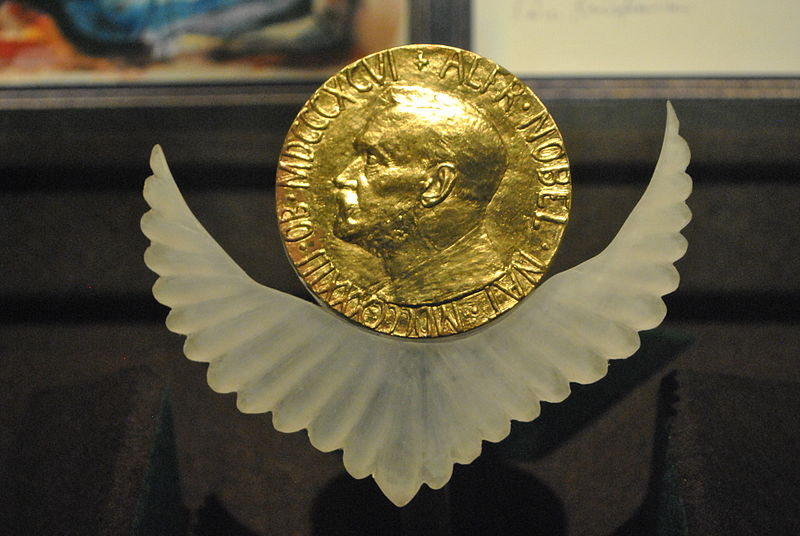Nobel Peace Prize
On Friday, October 10th, Malala Yousafzai of Pakistan and Kailash Satyarthi of India won the Nobel Peace Prize.
Two years ago the world gasped as Malala Yousafzai, a then fifteen-year-old student and education activist, was shot in the head by the Taliban on her way home from school. Malala recovered and reflected on her experiences with continued activism around the world, which included an address to the United Nations on her sixteenth birthday. Now seventeen, Yousafzai is the youngest Nobel Peace Prize winner in history.
 Christopher Furlong for Getty Images
Christopher Furlong for Getty Images
“I’m proud that I’m the first Pakistani and first the young woman, or the first young person, who is getting this award,” said Yousafzai in a news conference in Birmingham England, according to an article October 10th in The New York Times. According to a separate ABC News article on October 10th, “the town’s Khushal Public School, which is owned by Malala’s father, students danced in celebration,” on hearing the news.
Kailash Satyarthi, 60, is a human rights activist from India who has worked for years to address the issue of and eliminate child labor around the world. Satyarthi blames “perpetuation of poverty, unemployment, illiteracy, population explosion and many other social evils,” as repercussions of child labor according to his website, www.kailashsatyarthi.net. In 1998 Satyarthi organized the Global March Against Child Labor at which 103 countries were represented.
Yousafzai and Satyarthi join in the group of 95 people who have been awarded the Nobel Peace Prize since 1901. The price is worth about $1.26 million and will be awarded on the 119th anniversary of Alfred Nobel (founder of the award)’s death on December 10th. The two winners plan to split the prize equally.









